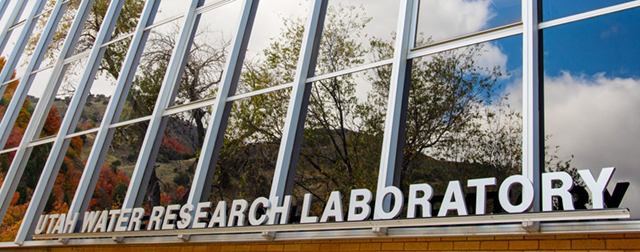Document Type
Report
Publication Date
January 1981
Abstract
The rapid development of stochastic or operational hydrology over the past 10 years has led to the need for some comparative analyses of the currently available long-term persistence models. Five annual stochastic streamflow generation models (autoregressive, autoregressive-moviing-average (ARMA), ARMA-Markov, fast fractional Gaussian noise, and broken line) are compared on their ability to preserved drought-related time series properties and annual statistics. Using Monto Carlo generation procedures and comparing the average generated statistics and drought or water supply properties, a basis is established to evaluated model performance on four different Utah study streams. A seasonal disaggregation model is applied to each of the generated annual models for each of the four study streams at a monthly disaggregation level. A model choice strategy is presented for the water resources engineer to select an annual stochastic streamflow model based on values of the historic time series; lag-one serial correlation and Hurst coefficient. Procedures are presented for annual and seasonal model parameter estimation, calibration, and generation. Techniques to ensure a consistent matrix for successful matric decomposition are included such as normality, trend-analysis, and choice of model. User oriented model parameter estimation techniques that are easy and efficient to use are presented in a systematic manner. The ARMA-Markov and ARMA models are judged to be the best overall models in terms of preserving the short and long term persistence statistics for the four historic time series studied. The broken line model is judged to be the best model in terms of minimizing the economic regret as determined by an agricultural crop production function. Documentation and listings of the computer programs that were used for the stochastic models' parameter estimation, generation, and comparison techniques are presente in a supplementary appendix.
Recommended Citation
James, W. Robert; Bowles, David S.; and Kottegoda, Nath T., "A User's Manual for Computer Programs Used in: Model Choice: An Operational Comparison of Stochastic Streamflow Models for Droughts" (1981). Reports. Paper 320.
https://digitalcommons.usu.edu/water_rep/320


